In today’s fast-paced world, credit card have become ubiquitous financial tools, offering convenience, rewards, and flexibility. However, like any financial instrument, credit cards come with both advantages and drawbacks. This article explores the pros and cons of having a credit card, providing insights to help individuals make informed decisions about their financial choices.
Pros of Having a Credit Card:
Convenience and Flexibility: The foremost advantage of having credit cards is the convenience they offer. Credit cards provide a readily available line of credit, allowing users to make purchases or handle emergencies even when cash is not readily available. This flexibility is especially valuable in a world where electronic transactions are commonplace.
Builds and Improves Credit History: Responsible use of a credit card is a powerful tool for building and improving credit history. Timely payments and maintaining a low credit utilization ratio contribute positively to an individual’s credit score. A good credit score is crucial for obtaining favorable terms on loans, mortgages, and other financial products.
Rewards and Perks: Many credit cards offer rewards programs and perks such as cash back, travel points, or discounts on purchases. Savvy users can capitalize on these benefits to earn rewards on their everyday spending, effectively making their credit card work for them.
Security and Fraud Protection: Credit cards provide an additional layer of security compared to cash. In case of unauthorized transactions, users are typically protected by the card issuer’s fraud protection policies. This can offer peace of mind and a level of financial security that may not be present with cash transactions.
Emergencies and Unforeseen Expenses: Credit cards can serve as a financial safety net during emergencies or unexpected expenses. Whether it’s a medical bill, car repair, or a sudden need for travel, having a credit card can provide a quick solution without the need to dip into savings or investments.
Cons of Having a Credit Card:
Potential for Debt Accumulation: One of the most significant drawbacks of credit cards is the potential for debt accumulation. The ease of swiping a card can lead to impulsive spending, and if users carry a balance, high-interest rates can result in significant debt over time.
Interest Charges: Credit cards often come with high-interest rates, especially for users who carry a balance from month to month. Interest charges can accumulate quickly, significantly increasing the overall cost of purchases made with the card.
Credit Score Impact: Mismanagement of credit cards, such as late payments or exceeding credit limits, can hurt an individual’s credit score. A lower credit score can limit access to favorable financial products and may result in higher interest rates on loans.
Fees and Penalties: Credit cards may come with various fees, including annual fees, late payment fees, and cash advance fees. Additionally, exceeding the credit limit or making payments that bounce can result in penalties. Users should be aware of these potential costs associated with credit card ownership.
Temptation for Impulsive Spending: The ease of using a credit card can lead to impulsive spending behavior. Individuals may be tempted to make purchases beyond their means, especially when faced with attractive promotions, discounts, or reward offers.
Dependence on Credit: Relying too heavily on credit cards may create a dependency on borrowed money. This dependence can hinder the development of strong budgeting and saving habits, potentially leading to long-term financial challenges.
Annual Percentage Rate (APR) Variability: Credit card APRs can be variable and subject to change based on market conditions. Users may experience fluctuations in interest rates, impacting the overall cost of maintaining a balance on the card.
In the realm of personal finance, credit cards are powerful tools that can be both beneficial and risky, depending on how they are used. Hence, the solution lies in responsible credit card usage. By understanding the pros and cons and adopting prudent financial practices, individuals can leverage the advantages of credit cards while mitigating the potential pitfalls.
For those considering getting a credit card, it’s crucial to choose one that aligns with their financial goals and spending habits. Reading the terms and conditions, understanding the interest rates, and setting clear spending limits are essential steps to avoid falling into the pitfalls associated with credit card ownership. Ultimately, when used responsibly, a credit card can be a valuable asset in managing finances, building credit, and enjoying the convenience and perks they offer.
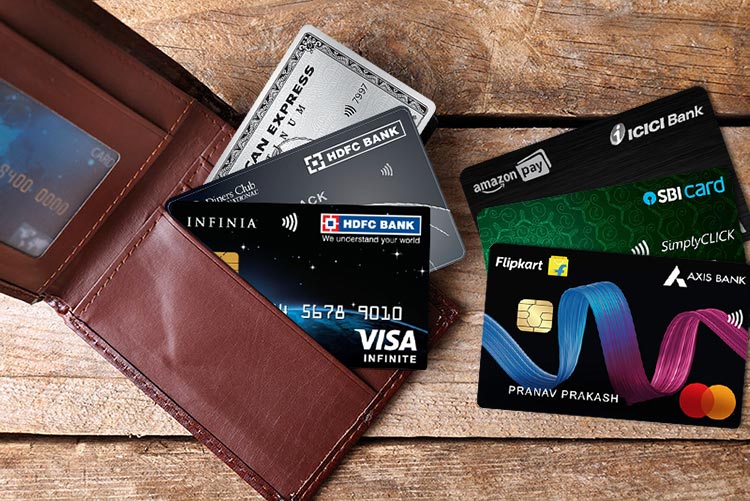
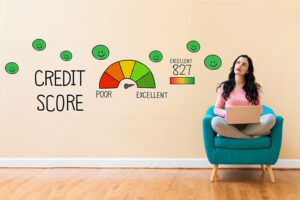
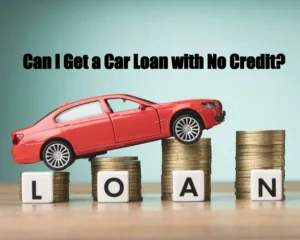


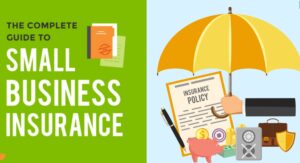

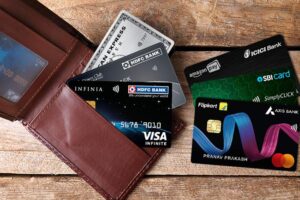


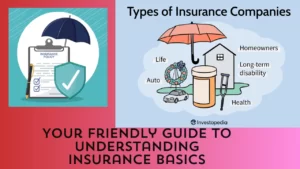












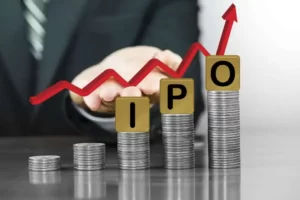
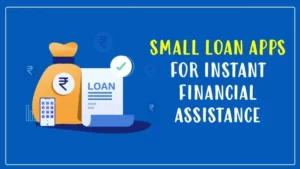




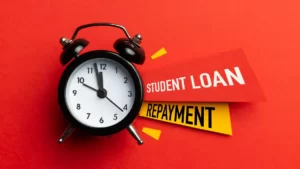
1 thought on “Navigating the Plastic Realm: Pros and Cons of Having a Credit Card”
Comments are closed.